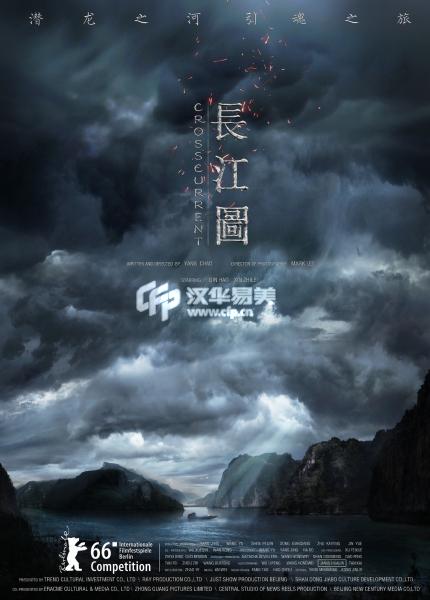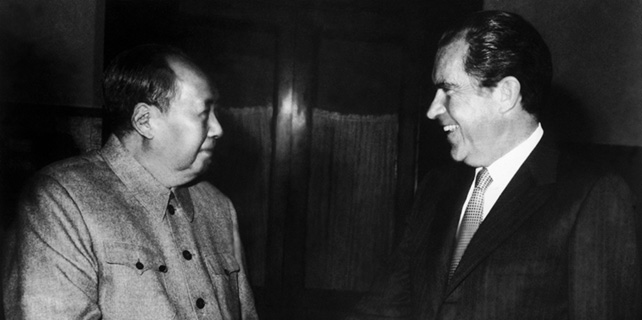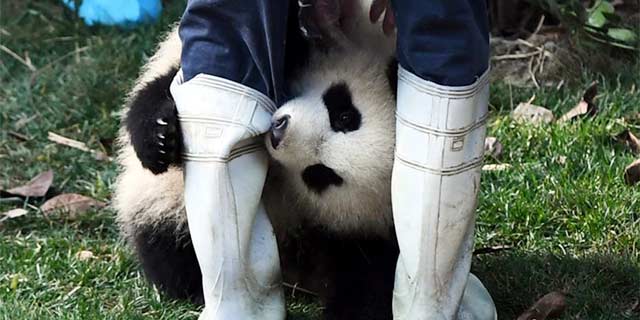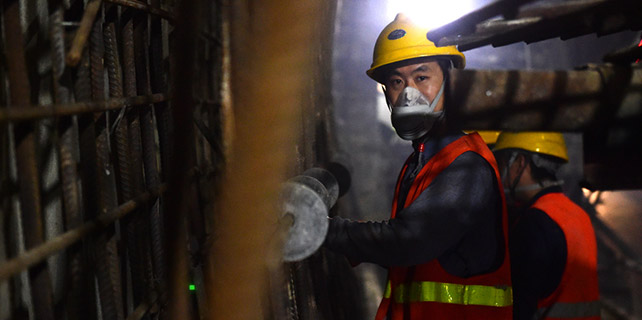Unfolding the future
 |
|
Yang Chao's film Crosscurrent, an award winner at Berlin and Taipei film festivals in 2016. [Photo provided to China Daily] |
"I was then writing my doctoral dissertation, and took several days to finish the story," Hao says in a telephone interview.
The 33-year-old now works as an economic researcher with the Beijing-based nonprofit China Development Research Foundation. In her spare time, Hao writes and consults with filmmakers for projects.
Hao studied physics at the elite Tsinghua University and wrote her PhD paper on economic subjects.
As a student, she read a lot of books covering a range of subjects, from genetics and psychology to history, and began to ponder on the connections between them.
Imperial China's early ruler Qin Shihuang had slaughtered more than 400 scholars and burned classic works around 2,200 years ago. This is one of the darkest chapters in Chinese history-and an inspiration for her book, The Last Brave Man.
"Written text can disappear but the spirit of a book will always be passed down from generation to generation," she says.
In the novel, Hao writes that clones are able to obtain the original thoughts and knowledge in a person's mind through genetic mapping.
The film's director, Yang, has improvised on the story to make it cinema-friendly.
The 42-year-old says he became a science fiction enthusiast in 2002, when he walked into a local bookstore in Wuhan, the capital of Central China's Hubei province, while preparing for the shooting of Crosscurrent, an ode to the Yangtze River. The film was released in 2016.
"I was attracted to A Deepness in the Sky (the book) at first glance. It opened my eyes to a world beyond my imagination," he recalls.
The alien-themed novel by American author Vernor Vinge was first published in 1999. Vinge had also won the Hugo prize.
Yang then purchased many science fiction novels, including collections of world famous writers, and began to think about making a Chinese-language movie.
China's movie market hadn't seen many such titles until 2014, and things started to look even better the following year, thanks to Liu Cixin, the first Chinese to win the Hugo Award for The Three-Body Problem, the first of his famous trilogy.
More than 80 applications for science fiction films were received by the State Administration of Press, Publication, Radio, Film and Television, the sector's top regulator, in 2015.
















